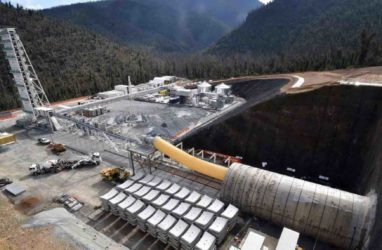The European Commission's decision to postpone the EU Deforestation Regulation (EUDR) by another year underscores significant challenges in the implementation of critical environmental legislation. Initially set to take effect this December, the delay stems from concerns over the digital infrastructure's capacity to handle compliance requirements, as articulated by Environment Commissioner Jessika Roswall. The EUDR, which mandates that companies trading in commodities like palm oil and beef prove their supply chains are deforestation-free post-2020, represents a pioneering effort to combat imported deforestation. However, the regulation has faced resistance from trading partners and industry groups, raising questions about its feasibility and the EU's commitment to its green agenda amidst growing scrutiny from environmental advocates.
The implications of this delay extend beyond mere compliance timelines; they highlight the urgent need for robust digital systems to support sustainability initiatives. While the postponement offers temporary relief for multinationals sourcing from high-risk regions, it also prolongs uncertainty regarding stringent due diligence requirements that will eventually come into play. Companies must proactively enhance their geolocation capabilities and adapt supplier contracts in anticipation of the law's eventual enforcement. Investors and policymakers are now closely monitoring the Commission's ability to deliver a functional compliance system within the revised timeframe, as failure to do so could undermine the EU's credibility as a leader in sustainable trade and hinder global efforts to address climate change effectively.







